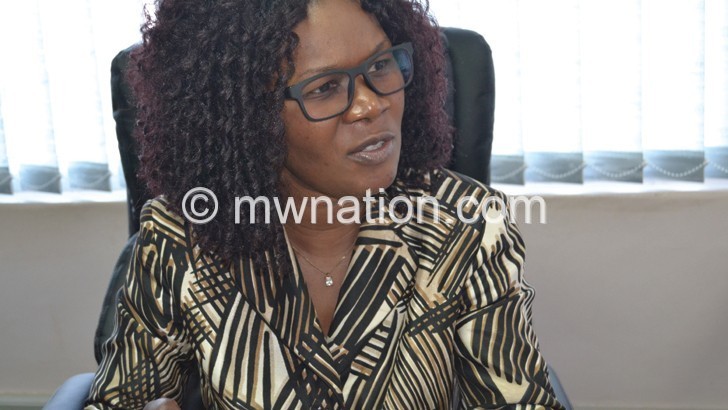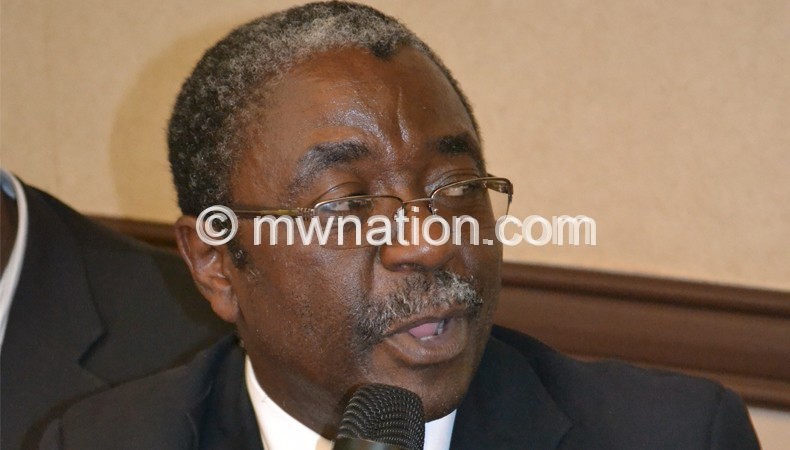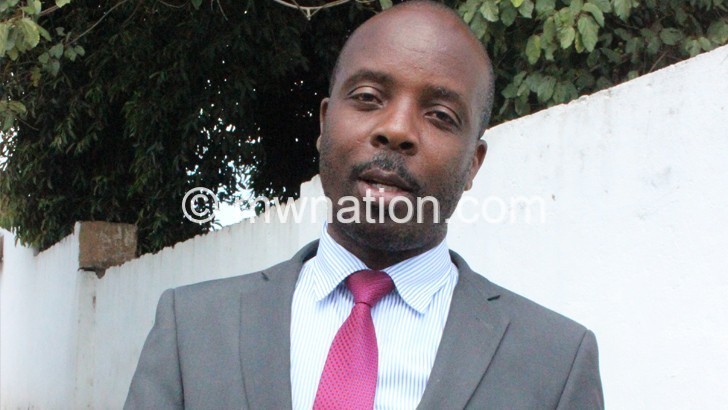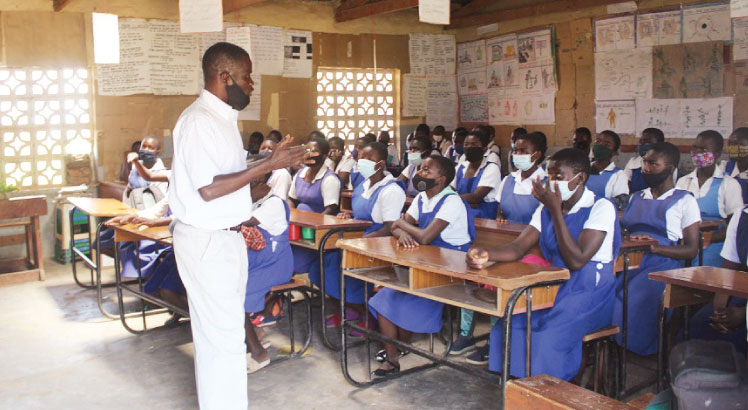Big issue, big penalties
Courts unleash the whip in to punish sexual perverts in Malawi, our Staff Writer ERIC MTEMANG’OMBE writes.
In Malawi, at least 25.3 percent of all women and girls aged 15 to 49 have experienced sexual violence at least once in their lifetime, according to statistics from the United Nations (UN).

A 2013 national survey on sexual violence also found that 20 percent of women had experienced at least one incident of sexual violence before reaching the age of 18. One in three of the girls who has a sexual encounter before the age of 18 reported that they “were forced or coerced to engage in sexual intercourse.”
Sexual abuse in Malawi is so pervasive and one of the greatest barriers to gender equality. Sexual abuse has permeated across all levels such that even law enforcers have been accused, and sometimes convicted of sexual crimes.
In September, the Blantyre First Grade Magistrate’s Court convicted police officer Andrew Chagaga of raping a 17-year-old college student while she was in police custody. The court committed the case to the high court in search of a higher sentence.

Presiding first grade magistrate Soka Banda said the court was convinced with the State’s submission that the convict deserved a stiffer penalty, adding that the 14 years maximum sentence the court is legally bound to mete out would not be commensurate with the offence.
In May, High Court Judge Agnes Patemba extended defilement case sentences of five convicts from a total 57 years to 134 years imprisonment after reviewing files heard before the Nsanje First Grade Magistrate’s Court.
In a confirmation order following the review of a defilement case, Patemba said: “It is high time that the courts should enforce the intentions of the legislators by imposing stiffer penalties to send the message to the society that indeed defilement is a very serious offence.”

Banda and Patemba’s reasoning reflect the belief that increased sentences would deter would-be offenders from sexually abusing under-age girls. After all, longer sentences have proven effective in other legal jurisdictions.
In a telephone interview, Centre for Human Rights Education, Advice and Assistance (Chreaa) executive director Victor Chagunyuka Mhango said: “Giving offenders long-term sentences like what the courts are doing now would be a warning to would-be offenders that if you commit this crime [defilement] then you would be in prison forever.”
However, providing stiffer sentences to deviants has been hard in the past because the magistrate courts, where most of the defilement and sexual abuse cases are heard, cannot hand out sentences more than fourteen years.
Mhango has since urged prosecutors and other relevant stakeholders, including prosecutors and human rights defenders, to send the more severe cases for reviews at higher courts to secure longer sentences.
“[The reviews] is not a process that is complicated, it is just a referral to the high court. Or in other circumstances, if a lower court imposes a lower sentence, let’s say of three years. There is a process of review that is done by the high court.
“So, most of the two cases that we are hearing now, the suspects were given lower sentences, but it was the higher court that imposed a higher one,” he said, referring to the Chagaga case.
But University of Malawi law professor Edge Kanyongolo said longer sentences only work when they are sound legal and penal systems that guarantee that perpetrators of gender-based violence are prosecuted and sentenced at the earliest opportunity.
He said: “So, I think that the emphasis on sentencing misses out a whole big picture which says that [swiftness and certainty should be part of the deterrence].
“In fact, other people think swiftness and certainty are more critical aspects of deterrence than the severity of the sentence. But what will really deter people is if the rate of arrest and prosecution is almost 100 percent and if the matters are prosecuted swiftly.”
Citing a 2019 Unicef report, law researchers Michelle Xiao Liu and Alexandra K. Creel Benton found that out of the 138 incidents of sexual violence that were tracked in the Unicef study, only one percent of the perpetrators or fourteen people faced conviction.
Kanyongolo has since urged stakeholders, particularly the media and legal institutions, to improve quality and flow of information on defilement cases and the judgements passed to improve awareness and deterrence.
“Deterrence also depends on knowledge and information. If the majority of people do not have access to information, the severity of the sentence does not matter because they will not know about the sentences. And if they do not know, they can’t be deterred.” he said. If the legal experts, human rights activists and law enforcement agencies come together to end the social and cultural barriers, expedite the prosecution of sexual crimes and improve the information flaws in Malawi, there is a strong reason that Malawi will be poised to reduce sexual abuse.





